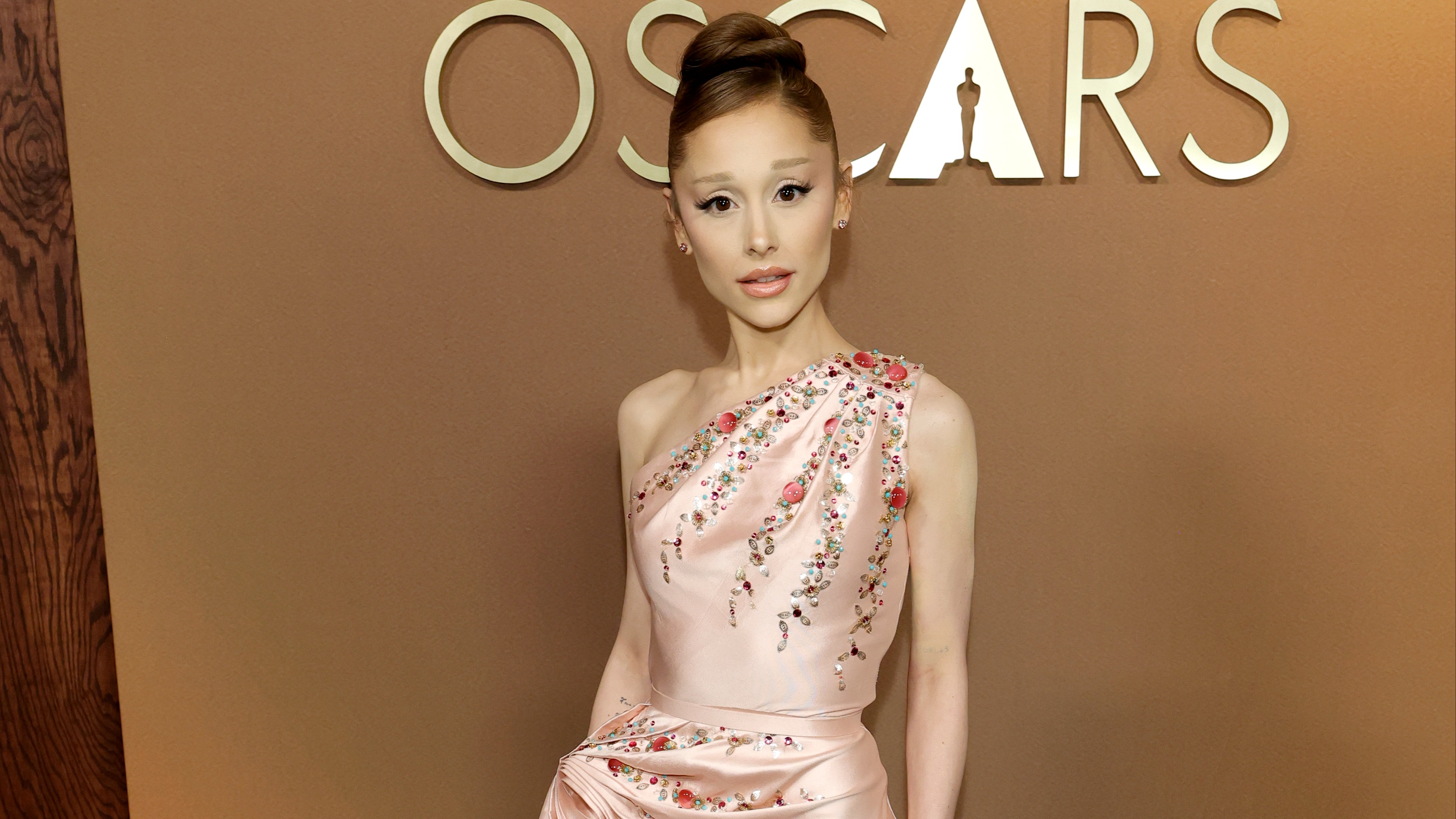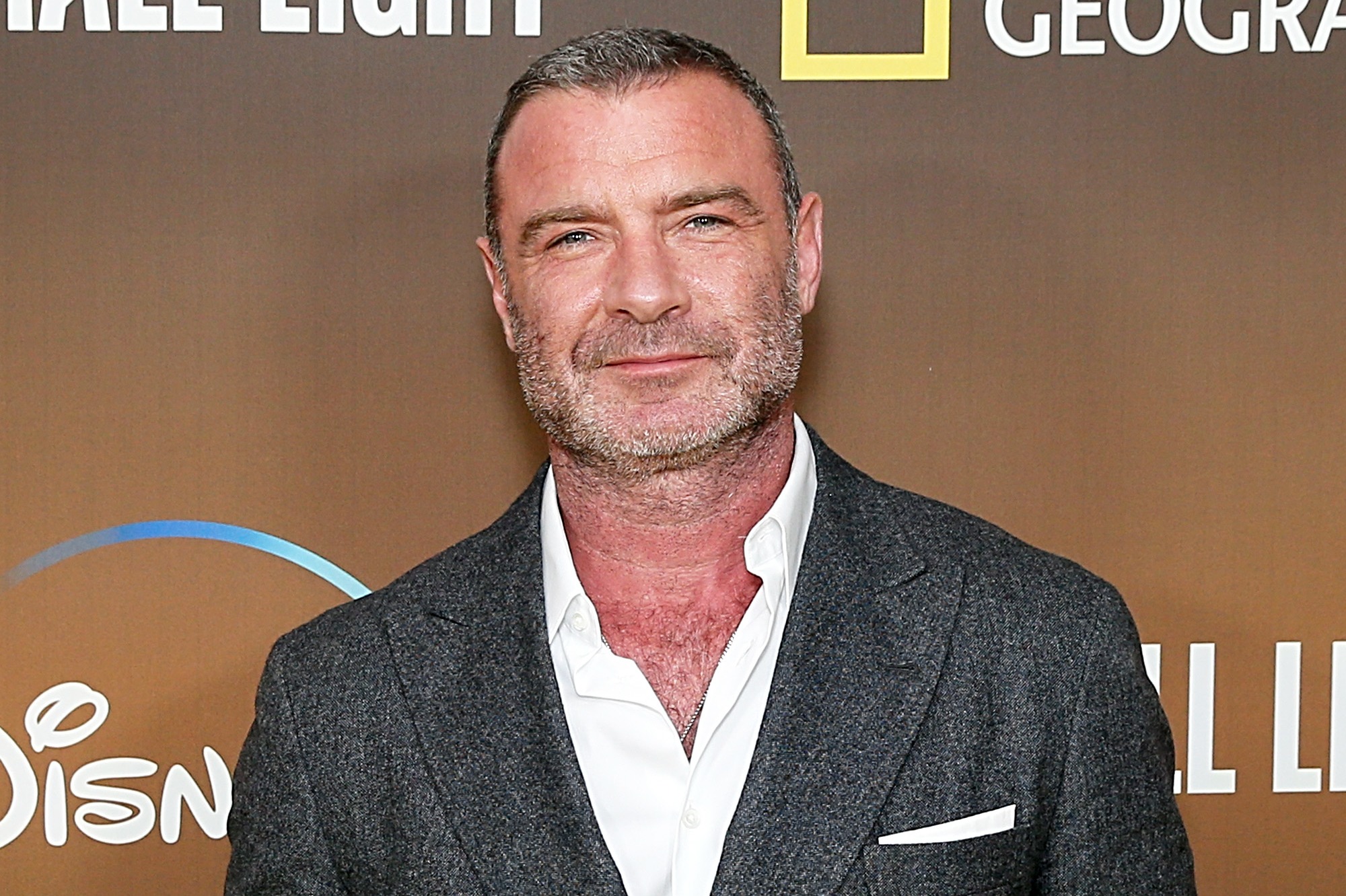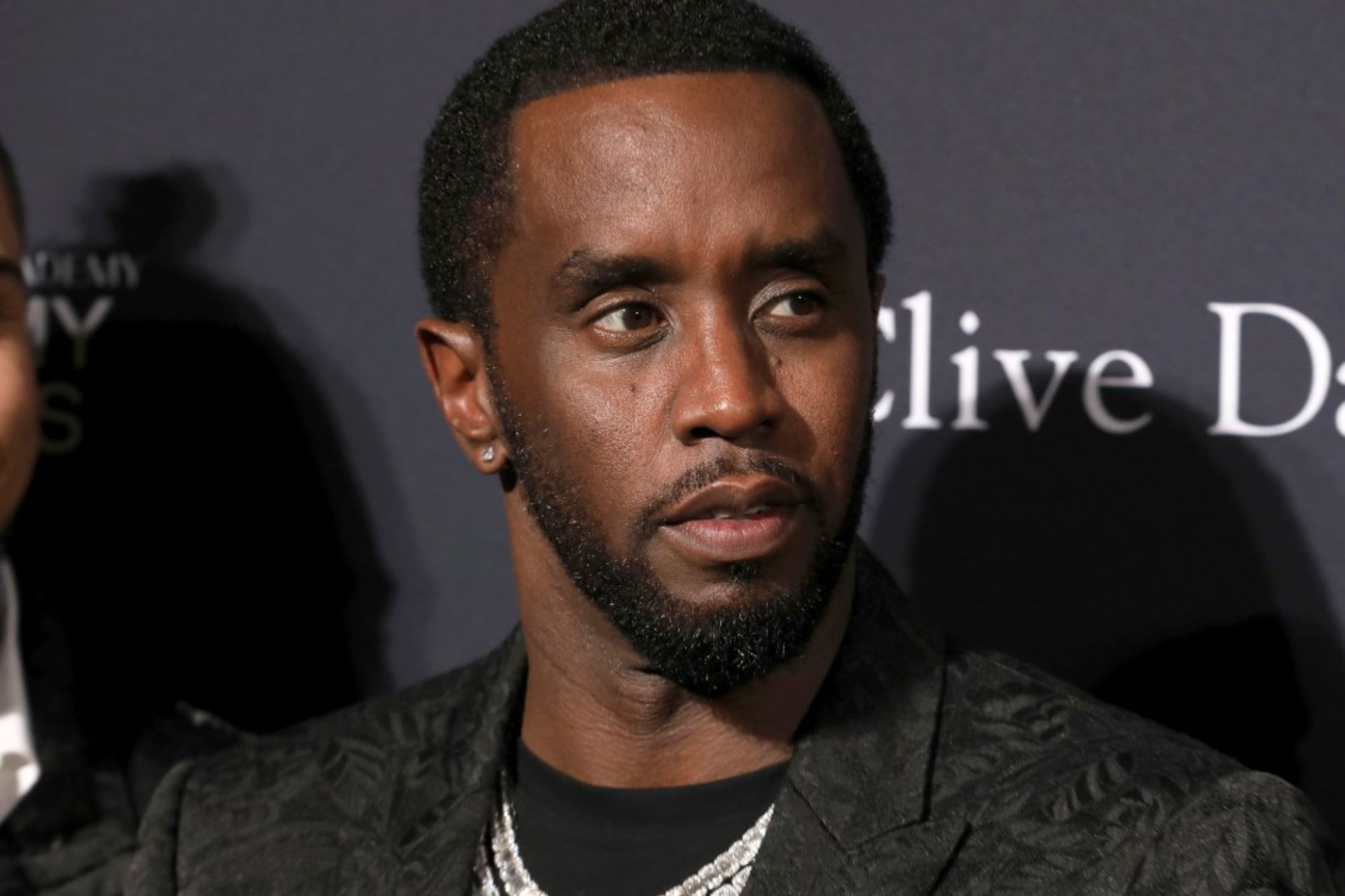Antonio Banderas movies: the best roles and popular films of the actor.


The topic of Antonio Banderas movies is an important one, as he is a cult actor. Today, Antonio Banderas is a name that has been associated with passion, charisma, and genuine talent for over four decades. This Spanish actor, director, and producer has managed to transition from the theater stage in Malaga to global film companies, winning the hearts of audiences in Europe, the USA, and Latin America.
Best Movies Starring Antonio Banderas
That is why Antonio Banderas's films are very diverse. His filmography is a combination of vivid dramas, expressive thrillers, comedies, and films where emotion takes precedence over words. Banderas has always known how to create characters full of life: his heroes are always people who feel, love, make mistakes, and once again find the strength to move forward.
Born in 1960 in Spain, he began his career with theatrical performances, and he gained his first success through collaboration with the cult director Pedro Almodóvar.

It was this tandem that introduced Banderas to the world—his emotionality, expressiveness, and ability to be both comical and tragic at the same Time made him a true star of European cinema. Later, he conquered Hollywood, becoming one of the most renowned Spanish actors of his generation. Overall, films featuring Antonio Banderas deserve attention.
Antonio Banderas's career is a story of constant growth, search, and courage. His early significant works in Almodóvar's films—"Labyrinth of Passion," "Tie Me Up! Tie Me Down!" and "Women on the Verge of a Nervous Breakdown"—made him the face of the new Spanish cinema. Then came Hollywood, where Banderas faced new challenges and opportunities: he starred in films such as "Philadelphia" with Tom Hanks, "Interview with the Vampire" with Brad Pitt and Tom Cruise, and became the cult Zorro in "The Mask of Zorro" (1998).
However, the actor never confined himself to just romantic or adventurous roles—he demonstrated deep drama, for example, in "The Skin I Live In" or "Pain and Glory," for which he received an Oscar nomination. His talent lies in the ability to transform: Banderas can be a hero, a villain, a comedic character, or a philosopher—yet in every image, he remains sincere. His films are always a play of emotions, where the actor is unafraid to show vulnerability, humanity, and passion.
Puss in Boots 2: The Last Wish
Although Antonio Banderas is mostly known for his dramatic and romantic roles, it was the voice acting of the character Puss in Boots that brought him a new wave of popularity among audiences of all ages. In "Puss in Boots 2: The Last Wish" (2022), Banderas returned to the role that became one of his most beloved in his career. This time, Puss faces the most serious challenge—he realizes that he has lost eight out of his nine lives and sets out on a quest for a magical wish to restore them.
Banderas's voice has become an integral part of this character. He conveys all the charm, self-confidence, tenderness, and humor of Puss, making him not just a cartoon hero, but a real living personality. In the second part, the story takes on a deeper meaning—it deals with the fear of death, rethinking life, and the importance of the moments we have now. Thanks to Banderas's intonations and acting sense, he adds emotional depth to the film that is rarely found in animation.
Critics noted that it was Antonio's voice that became one of the key factors for the film's success. His Puss is both a hero, an artist, and a philosopher. In this role, the full breadth of Banderas's acting experience is felt: he knows how to make even a fairy-tale character real and relatable.
Philadelphia
The film "Philadelphia" (1993) marked Banderas's first significant breakthrough in Hollywood. Here he starred alongside Tom Hanks, who won an Oscar for his role as an attorney fired due to an HIV diagnosis. Banderas portrayed the lovers of the main character—Miguel Alvarez. At that time, this was a bold step: in the 90s, homosexual relationships were rarely depicted in major studio films, and actors often feared taking on such roles.

Antonio Banderas was able to convey not only love but also tenderness, care, and humanity. His performance was restrained yet sincere. This honesty made the image of Miguel significant—he symbolizes support, loyalty, and dignity at a time when society turns away. The film had a huge social impact, and Banderas's involvement in it helped him establish himself in Hollywood as an actor capable of serious dramatic roles.
The Skin I Live In
Collaboration with Pedro Almodóvar always brought Banderas the most challenging yet interesting roles. In the film "The Skin I Live In" (2011), he played the surgeon Robert Ledgard, who conducts experiments to create new, insensate skin. Behind the external scientific plot lies a dark, deeply psychological story about loss, obsession, and revenge.
Banderas showed a rare cold intellectuality in this film. His character is not just a scientist, but a man who has lost the boundary between humanity and mania. The role required complete emotional control, and the actor brilliantly met this challenge. Critics described his performance as "ominously calm"—he did not need shouts or pathos to convey real horror. This film proved that Banderas is not only charismatic but also capable of portraying multi-dimensional, psychologically complex characters.
Interview with the Vampire
In "Interview with the Vampire" (1994), Antonio Banderas appears as the vampire Armand—a mysterious and tragic immortal trying to find the meaning of his existence. Despite his limited screen time, the actor managed to create one of the film's most vivid figures. His character is not just a representative of the dark world but a philosopher who views humanity with detachment and sorrow.

Banderas added depth and tragedy to Armand. His performance is elegant and fluid, like ballet: he moves smoothly, speaks softly, yet every word is filled with meaning. In contrast to the emotional performances of Brad Pitt and Tom Cruise, Banderas appeared as an ancient thinker who understands that immortality is not a gift but a curse.
Pain and Glory
"Pain and Glory" (2019) became, without exaggeration, the peak of Antonio Banderas's acting career. In this film, Pedro Almodóvar essentially created an autobiographical narrative, and Banderas played his alter ego—a director who experiences a creative crisis, physical pain, and nostalgia for the past.
This role required maximum inner self-exposure. Banderas plays a man who reflects on his life, aging, mistakes, and memories. His acting is gentle, restrained, without external dramatism—it is a mastery that comes with experience. For this role, the actor received the "Golden Palm Branch" in Cannes and an Oscar nomination.
Women on the Verge of a Nervous Breakdown
The beginning of Antonio Banderas's great journey in cinema is associated with the film "Women on the Verge of a Nervous Breakdown" (1988). This film brought him his first international recognition and demonstrated how naturally he feels in the absurd, comedic atmosphere of Almodóvar. His character—Carlos—is a young man who accidentally finds himself at the center of emotional chaos surrounding several women.

In this film, Banderas showcased the very charm that later made him the ideal "Latino hero" of Hollywood. He was simultaneously funny and attractive, naive and seductive. This film marked the beginning of his big cinematic journey—after it, people began to say that Spain had a new star actor.
Shrek 2
One of Antonio Banderas's most famous and beloved roles is undoubtedly Puss in Boots from the animated film "Shrek 2" (2004). This character appeared only in the second part of the famous fairy tale but immediately became its true star. Thanks to the charisma, irony, and temperament that Banderas conveyed to his hero, Puss in Boots transformed from a secondary character into one of the main figures of the franchise.
Puss embodies everything that is loved about Banderas himself: charm, artistry, subtle humor, and confidence. His voice gives the hero a unique Spanish flair—with a slight romanticism, self-assurance, and that "magical" accent that has become his trademark. In the film, Puss first appears as a hired hunter who must kill Shrek, but soon becomes his friend and ally. It is the contrast between the combative exterior and the soft, comedic nature of the character that makes him so appealing to viewers.
Banderas masterfully embodies the balance between bravery and tenderness in Puss. The scenes where the hero looks with large, touching eyes have become iconic and have long since become memes. However, behind the comedic facade lies much more—it is a story of loyalty, honor, and friendship. Thanks to Banderas's charismatic voice work, the character became so popular that he later received his own spin-off—"Puss in Boots" and the sequel "Puss in Boots 2: The Last Wish."
Critics and viewers noted that it was Banderas's acting energy that made the animated film come alive. His voice fills every line with character—there are the bravery of a swordsman, the nobility of a knight, and the humor of an adventurer. Banderas proved that even in animation, one can create a character with a soul that is remembered just as much as his "live" movie heroes.
Frida
In the biographical drama "Frida" (2002), dedicated to the life and work of the legendary Mexican artist Frida Kahlo, Antonio Banderas played a small but very expressive role. His character—David Alfaro Siqueiros, a well-known artist and political activist who, along with Diego Rivera (a role played by Alfred Molina), influenced the development of Mexican art.
Although Banderas had little screen time, he managed to create the image of a bright and controversial artist who embodies the spirit of that era—a revolutionary period, tumultuous, full of struggle for freedom and self-expression. His character is a person with great ideas, passion, and fearlessness, which resonate with the actor himself.
Banderas smoothly fits into the atmosphere of the film, which combines art, politics, and the tragedy of personal life. His character adds energy and temperament to the story, demonstrating how the artists of that time fought not only with their brushes but also with their own destinies. Director Julie Taymor emphasized that it was Antonio's charisma that brought this historical figure to life, making her closer to the modern viewer.
The film "Frida" became a true triumph of the ensemble cast, and Banderas's presence, even if episodic, added a bright emotional hue to it. This is further proof that the actor can create memorable characters even in small roles—his energy fills the frame and leaves an aftertaste.
Ruby Sparks
The film "Ruby Sparks" (2012) is a romantic drama with elements of fantasy, in which Banderas appears as Morton— the stepfather of the main character, a young writer named Calvin. The story tells of a writer who creates a girl in his imagination, and then she somehow comes to life. The film explores the power of creativity, the boundary between reality and fiction, and how a person attempts to create an ideal image without realizing that true feelings are never perfect.
Banderas plays the role of a wise, somewhat eccentric artist who lives in a world of art, colors, and his own thoughts. His character symbolizes creative freedom and acceptance of life with all its imperfections. In the film, the actor demonstrates delicate, human play without excessive pathos—warmth, irony, and life experience can be felt in him.
This role showcased another side of Banderas—not bright, temperamental, but calm and deeply emotional. Morton is a kind of embodiment of parental wisdom: he reminds the protagonist that it is impossible to control feelings, just as it is impossible to force a person to be someone they are not. In such moments, the actor demonstrates a fine understanding of psychology—he does not act, but lives the scene, as if drawing from his own experience.
Despite the small role, Banderas was able to create a character that adds humanity and philosophical undertones to the film. His performance exemplifies how a great acting school manifests itself in small details—in glance, intonation, and movement.
Desperado
"Desperado" (1995) is the film that turned Antonio Banderas into a true star of action films and made him a sex symbol of the 90s. Director Robert Rodriguez filmed the piece as a sequel to the cult classic "El Mariachi," but it was Banderas who brought the story to a new level of energy, style, and drive. His character is Mariachi, a solitary traveling musician who is also a deadly dangerous gunslinger avenging the death of his beloved.

In this film, Banderas embodied the ideal image of a romantic avenger—charismatic, mysterious, filled with inner pain. He plays not just an action hero, but a man for whom revenge becomes a means of survival, but also a burden that destroys him from the inside. His performance combines courage and tenderness, energy and melancholy.
It was in "Desperado" that the image was born that became classic—the black shirt, the guitar filled with weapons, and the fiery gaze that speaks more than words. This role allowed the actor to show his versatility, the ability to connect physical dynamism with emotional depth. His scenes with Salma Hayek are a true explosion of chemistry and passion that made this film one of the most sensual in the action genre.
Critics wrote that Banderas became "the face of a new Latino hero" in this film—strong, intelligent, attractive, and tragic. He proved that he could be not only a romantic lover but also a charismatic fighter of global scale. This image later influenced many roles he performed in the future—from Zorro to characters in films by Rodriguez and Almodóvar.
Read also
- The Gosselin Sisters reunited in New York: how the sisters spent their time
- Real Housewives Star Detained on Plane: What Happened to Porsha Williams
- The Death of Ozzy Osbourne: What Happened to the Rock Legend 17 Days After His Farewell Concert
- Ariana Grande Returns to the Red Carpet After Attack: What We Know About the Perpetrator
- Liev Schreiber hospitalized urgently in New York: what happened to the actor
- New allegations against Diddy: another case is being investigated in Los Angeles








